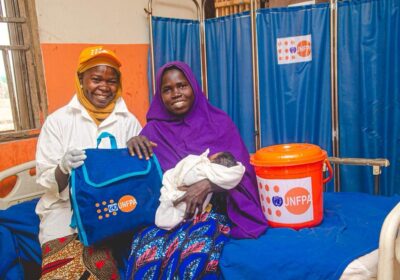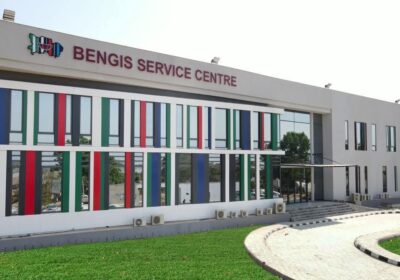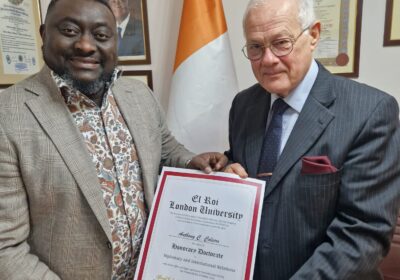ECOWAS, AfDB Launch $2.7m Project to Bolster West Africa’s Early Warning System.
By Raymond Enoch
In a decisive move to enhance regional peace and resilience, the Economic Community of West African States (ECOWAS) and the African Development Bank (AfDB) have kicked off the implementation phase of a landmark $2.7 million project aimed at strengthening ECOWAS’ early warning and response capacity across West Africa.
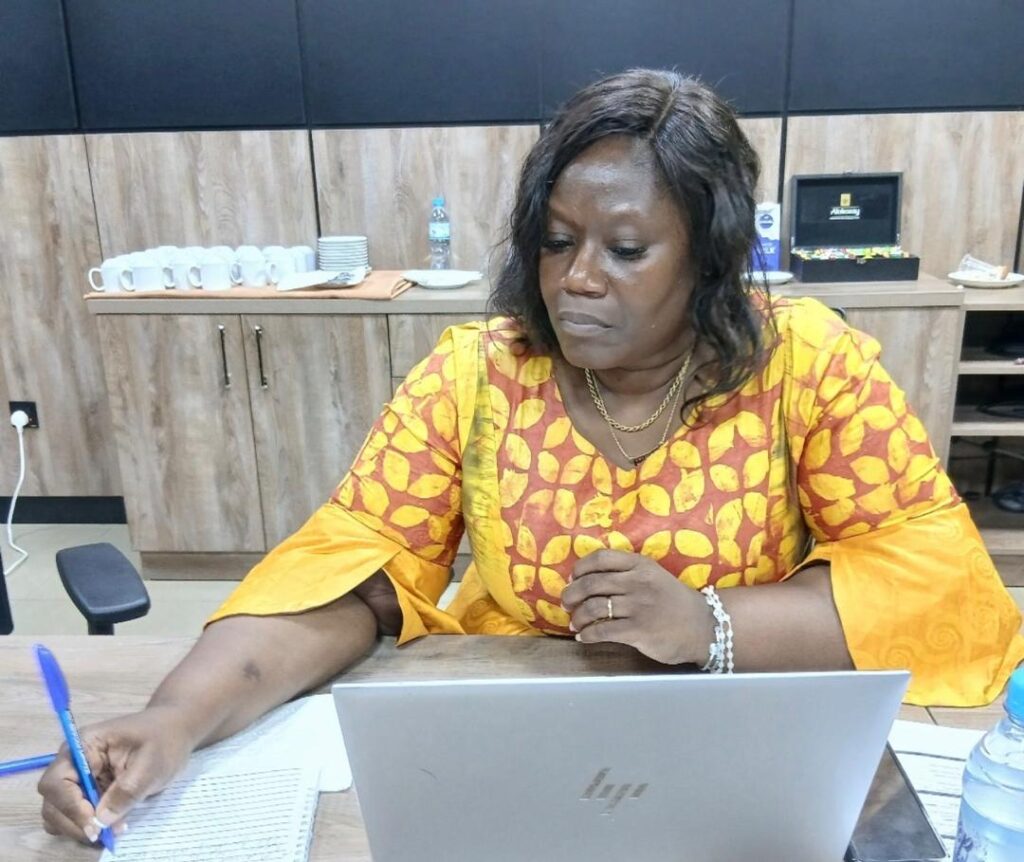
The initiative, which officially entered its active stage at a four-day retreat held at Zuma Rock in Niger State, Nigeria, seeks to fortify ECOWAS’ ability to anticipate, detect, and prevent human security crises — from violent conflicts and governance challenges to climate-induced shocks — thereby promoting peace, stability, and sustainable development across the subregion.
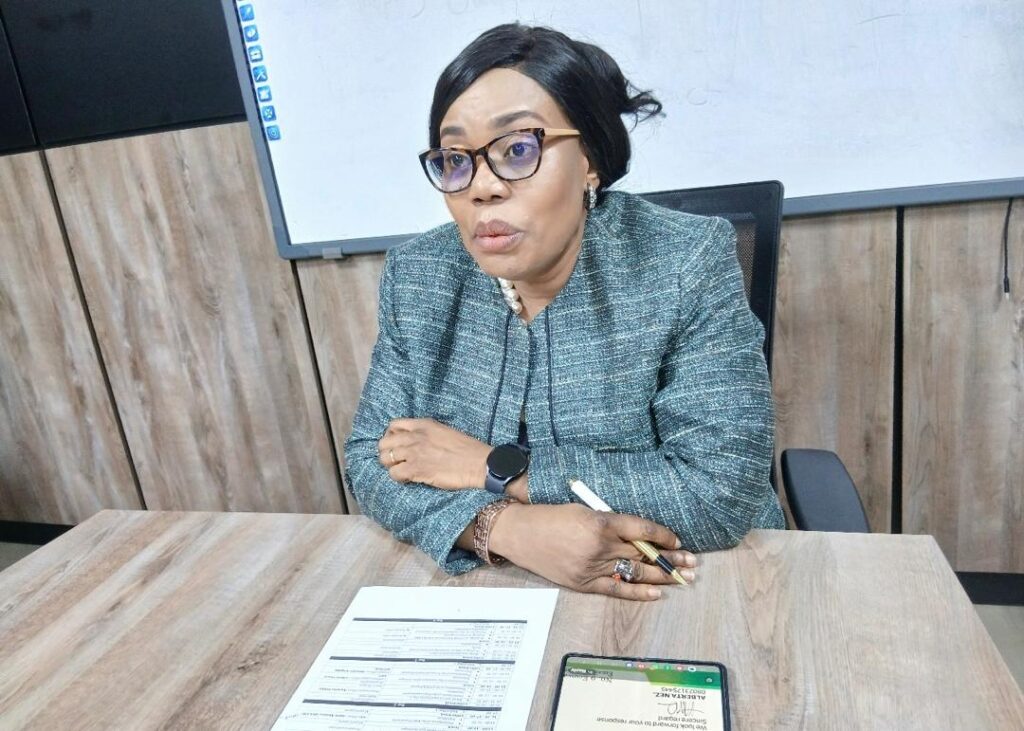
Under the project agreement signed in May 2024, the two-year programme will be executed by the ECOWAS Commission’s Early Warning Directorate. It will integrate climate change, gender considerations, and artificial intelligence tools into ECOWAS’ regional early warning framework, positioning the bloc as a continental leader in data-driven crisis prevention and response.
Coordinated by Komi Koko Bossou, ECOWARN System Administrator at the ECOWAS Commission, the Project Management Unit comprises procurement officers, accountants, communication experts, monitoring and evaluation specialists, and other resource persons. The team will refine the work plan, timeline, and communication strategy to ensure visibility and seamless execution.
The project focuses on strengthening ECOWAS’ data collection and analytical capacity, modernising its early warning infrastructure, and building the technical competence of analysts to enable faster and more coordinated responses to emerging threats. It also underscores the importance of prevention as a guiding principle, ensuring that the region’s approach to security is proactive rather than reactive.
Beyond infrastructure, the project emphasizes a people-centred prevention approach, mandating gender-sensitive risk assessments, conflict sensitivity analyses, and structural vulnerability mapping across ECOWAS member states. These assessments will inform AfDB operations and strengthen ECOWAS’ long-term stability agenda.
As the region faces evolving threats from climate shocks to governance stressors, the ECOWAS–AfDB partnership signals a renewed commitment to “early action through early warning,” transforming information into prevention and resilience for more than 400 million West Africans.




